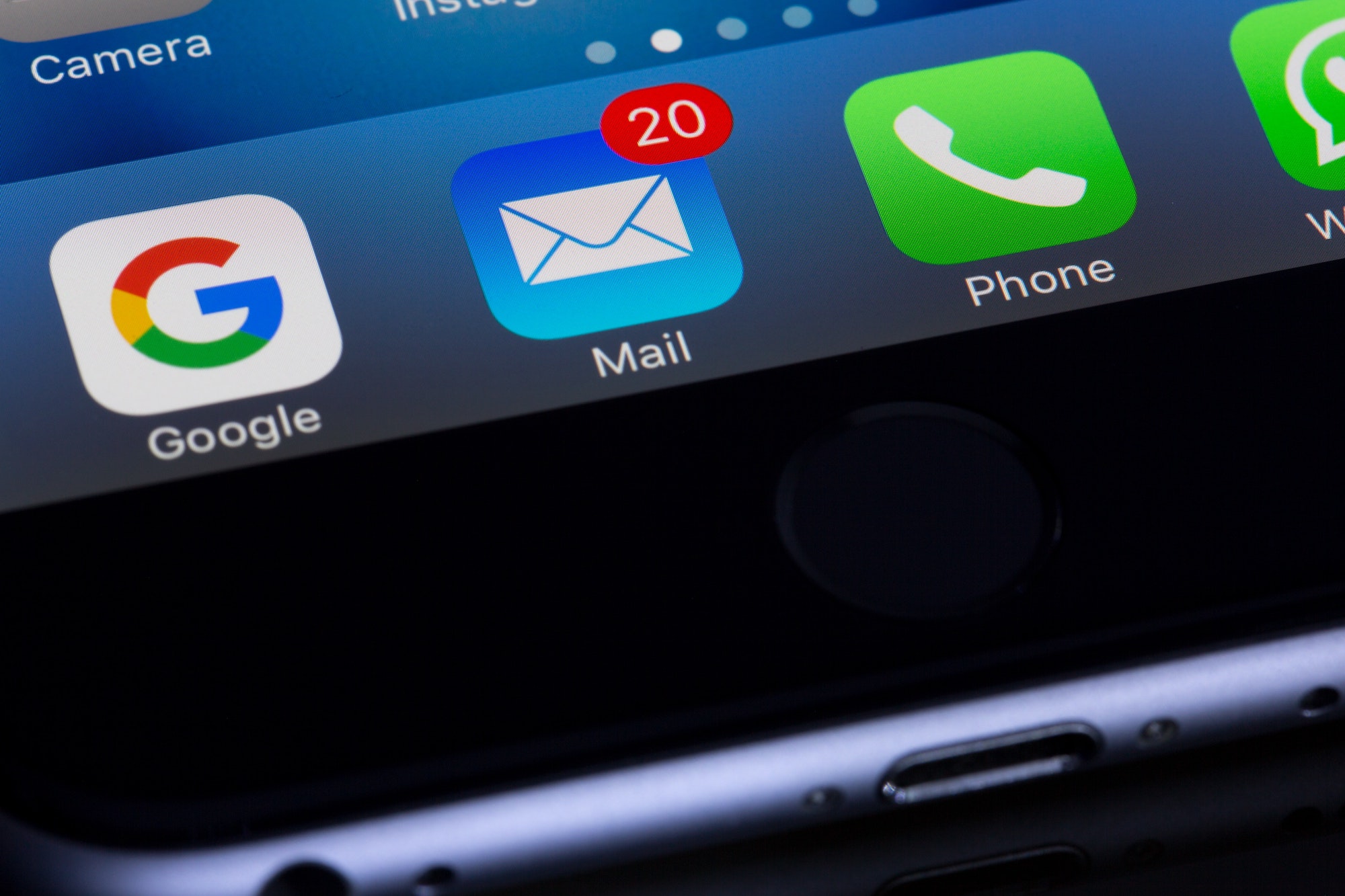During Stress Awareness Month and 6 years after Professor Cary Cooper warned us that ‘work email is making us a generation of idiots’, Jane Cattermole, founder and Director of The Mainly Mental Health Company Ltd, explores whether things might be evenworse now.
How many times have you checked your email today?
During a team meeting with some of the MMH trainers, we discussed common themes for the people we are training. We all screeched – EMAILS! And I couldn’t help thinking, really? Have we REALLY not got a handle on this yet? But there it is, irrespective of where someone lives, what they do, what level they’re at, it seems that a constant stream of emails is still doing our heads in. Overhearing a conversation in the queue in Sainsbury’s – ‘mate, I’ve just had a week off and there are about 175 emails waiting for me this weekend – and that’s not the urgent ones I’ve already fielded.’ So, it seems this really is still a thing.
So, what’s the problem with email?
Now, look at the last year or so – we’ve become experts in blending! Blending home / work / school life as a matter of necessity during an urgent global emergency has meant boundaries have blurred. Don’t get me wrong, increased flexibility in the way we work is actually rather fabulous. I remember the guilt of being a working parent and more flexibility would have been brilliant. I could have left work, picked my son up, gone home and done mealtime, bath time, bedtime guilt free knowing I could log in once he was down and crack on with some work stuff. Nowadays, I can go for a walk before work and set myself up for the day – long commutes in the past made that tricky.
But have we sacrificed our boundaries in our blending?
The Deloitte Review, ‘Mental health and Employers: refreshing the case for investment’, from January 2020 BEFORE covid, highlighted problems with work practice, specifically long working hours and presenteeism – working when unfit to do so. In a time when the pressure is on and we’re working remotely, we’re relying more on email as a way of communicating– even before the global crisis, studies suggested we were fielding between 100 and 364 emails per day. We are using annual leave and weekends to sift through our emails just so we can stay sane.
Idiots?
Prof Cooper was possibly a bit harsh, but he had a point. Checking emails can suck up nearly a quarter of our day and make us significantly less productive. Email regularly features in stress management sessions with staff saying they often feel overwhelmed by their in-boxes. Emails even feature in people’s dreams and it seems we are reacting like Pavlov’s Dogs as soon as we get an email alert. In conversations about emails, delegates regularly express frustration with ‘stupid’ emails – emails where the sender actually has the answer if they only scrolled down a page! Emails distract us from the important and ‘brain-heavy’ work that we are actually being paid to do. As soon as we divert our attention away from our task, it can take a while to get our brain back in to that zone.
BAN EMAIL?
Well, probably not but companies who have taken action to reduce email traffic have seen increases in productivity. So, what can YOU do to reduce the inbox stress?
- Remember that YOU are in control of your inbox, when you look at it and when you respond.
- Schedule time for going through emails and try to avoid times that will interfere with your ‘brain heavy’ and ‘urgent / important’ tasks. Suggest colleagues call you if it’s an urgent matter. Bet they don’t – how often do you get critical, life-changing emails? Usually, it’s stuff that can wait.
- Most people send an email because it’s urgent to THEM – this doesn’t mean it has to be automatically urgent for you. Gain some perspective on what’s incoming.
- Develop a communication protocol with your team. If you’re a People Manager, agree when it’s NOT appropriate to send an email.
- Seriously, turn the pop ups off. It’s not tricky and will stop you being on constant alert.
- Keep your email inbox short. Get rid of emails as soon as you can. I’m brutal and delete AS SOON AS I CAN. I love seeing those critters disappear. If it helps, keep a filing system for stuff you need to keep but away from your inbox.
- Do email maintenance every few months. Have a good sort out and get rid of as much as you can. It feels great.
So, it’s time to get to grips with the email monster and get back to doing what we do well – our jobs. Good luck and let me know how you go.





